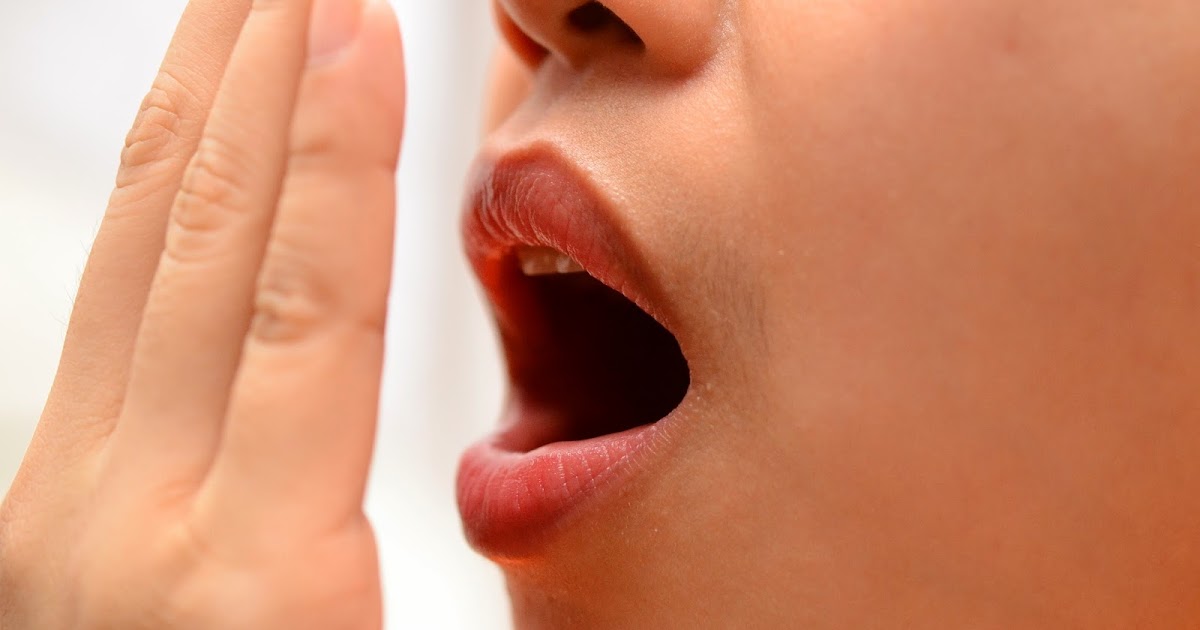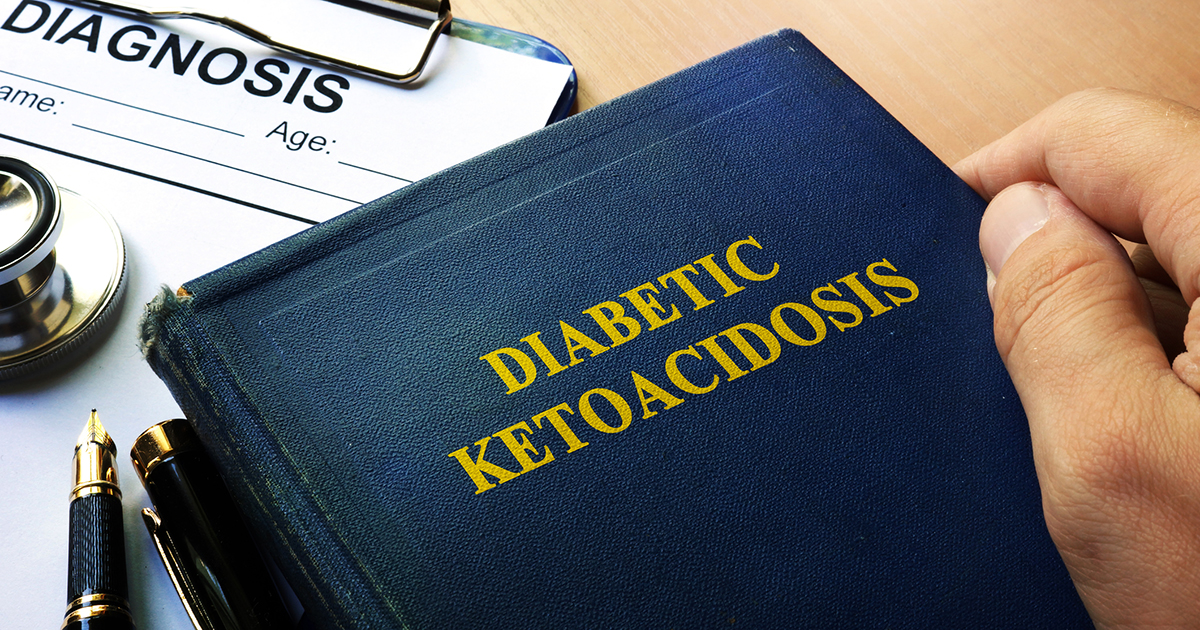What Is Halitosis?
When individuals brush their teeth, oral odors disappear. But, for those with halitosis, the chronic form of bad breath, the odor can linger and remains persistent. The condition can be very difficult to self-diagnose as the bad scent may be familiar to individuals who have it, and yet it severely bothers those around them. Bad breath can significantly impact a patient's social life, work as well as other aspects of daily living, including for children who suffer from halitosis.
If it has been noted bad oral odor lingers after a regular brushing and flossing routine, halitosis may be to blame. Learn about all the facts related to bad breath and halitosis now.
Symptoms And Identifying Halitosis

Halitosis is characterized by bad odor, though the specific smell will vary between individuals. There are, though, other symptoms and identifying halitosis can be based upon them. Individuals with halitosis often may also experience a perpetually dry mouth and tongue, which might also develop a layer of white film on it. Thick saliva and difficulty swallowing mucous may occur as well. Oftentimes, halitosis patients cannot even identify it in themselves and will need a friend or doctor to assess it for them. However, if no one else is available, one way of identifying halitosis in oneself is to lick the wrist, allow the saliva to dry, then smell it. A bad odor will typically follow if the condition is present.
Learn about the various causes of halitosis next.
What Causes Halitosis?

Many oral conditions and diseases can result in halitosis as a significant symptom or complication. The most common oral issues that are seen with halitosis include poor oral hygiene practices such as improper brushing and flossing (or lack of it), gum disease, consuming pungent foods, smoking, and chewing tobacco. Dry mouth is also important to note as a cause, since it can also appear as a significant symptom of halitosis in some cases. Sometimes dry mouth is the result of a medical condition or reaction to a medication, but some individuals also have naturally drier mouths, which can increase their risk of developing halitosis, particular when other causes are considered.
Uncover the details on non-oral diseases that can cause chronic bad breath now.
Non-Oral Diseases That Can Cause Chronic Bad Breath

In addition to the aforementioned oral practices (or lack thereof) that can lead to halitosis, there are also non-oral diseases that contribute to this condition. Chronic inflammation or infections in the nose, throat, and sinuses, which can lead to postnasal drip, are also known to contribute to halitosis. Certain cancers, metabolic disorders, and digestive issues that cause an influx of stomach acid, such as gastroesophageal reflux disease, can cause distinctively bad breath, too, due to the chemicals they produce and release. Diabetes, though, is the most concrete contender for increasing the risk of halitosis. Other medical issues that can trigger halitosis are eating disorders (anorexia nervosa or bulimia) and other illnesses that encourage mucus to begin developing may lead to chronic bad breath.
Get information on how halitosis is diagnosed next.
How Is Halitosis Diagnosed?

Testing to find the underlying cause of chronic bad breath is crucial. When the main cause of halitosis can be confirmed, a dentist can then proceed to formulate a treatment plan. To determine if the patient’s chronic bad breath is a medical problem, the dentist will sniff the patient's breath and look at their tongue. They may even scrape the patient's tongue with a tool. This inspection can gather whether the odor is caused by a dental issue, gum disease, poor dental hygiene, or another medical problem.
Keep reading to get the full details on how to treat halitosis now.
What Can Be Done To Treat Halitosis?

If the cause of halitosis is diagnosed as dental problems or poor oral hygiene, treatment typically only requires an improvement in dental hygiene. Being shown how to brush the tongue, teeth, and to floss correctly can all assist in combating the issue. It is also recommended to rinse with an antibacterial mouthwash, but avoid rinses containing alcohol, as they can have a drying effect which can promote bad breath. Patients should pay close attention to the frequency, timing, and pressure they use when brushing their teeth. Brushing twice a day (in the morning and at night) is recommended, for a duration or about two minutes each time. They should also avoid brushing too hard, as this can result in other issues.
Learn about halitosis treatment when an underlying condition may be at work now.
Underlying Condition Treatment

Practicing proper oral hygiene habits is the most effective way to treat and prevent halitosis. Making sure to remove leftover food particles from the mouth by brushing and flossing promotes overall health and inhibits bacterial growth on the tongue and around the gums. However, underlying condition treatment may also be necessary in order to effectively rid oneself of halitosis. Treating dry mouth, medically called xerostomia, with mouthwash or medications is one method of doing so. Altering medications, when possible, that lead to salivary gland issues is another. Treating other illnesses that can cause bad breath, such as respiratory tract infections, sinus infections, chronic acid reflux, liver or kidney problems, and postnasal drip will also greatly improve (or altogether alleviate) symptoms of halitosis. Patients can discuss treatments for underlying conditions with their primary doctor.
Discover how to effectively prevent halitosis next.
Preventing Halitosis And Bad Breath

A simple change in diet can also help to eliminate debris that creates dental problems. Sticky and sugary sweets can promote tooth decay and bad breath and eliminating them will assist in managing oral odor issues. Crisp and raw fruits and vegetables can aid in saliva production, and parsley or mint can facilitate fresh breath as well. Eucalyptus, wintergreen, peppermint, and other natural oils can be effective in staving off bad breath even better than mouthwash, as the oils typically last for extended periods where washes tend to fade quickly.
Continue to reveal what can occur if halitosis goes untreated next.
Complications Linked to Bad Breath

There are several health issues that can occur as a result of untreated halitosis. In addition to the oral health problems an individual with halitosis can experience, complications linked to bad breath can sometimes be life-threatening, especially if they are left untreated. Beyond being unpleasant and potentially having an impact on the patient's self-esteem and popularity in social circles, halitosis can lead to diabetic ketoacidosis, in which ketones cannot be metabolized and thus build up to toxic levels in the blood. This is usually made evident by the appearance of sweet-smelling breath and should trigger immediate medical attention. Likewise, untreated gastroesophageal reflux disease can lead to cancer and thus should be monitored carefully.